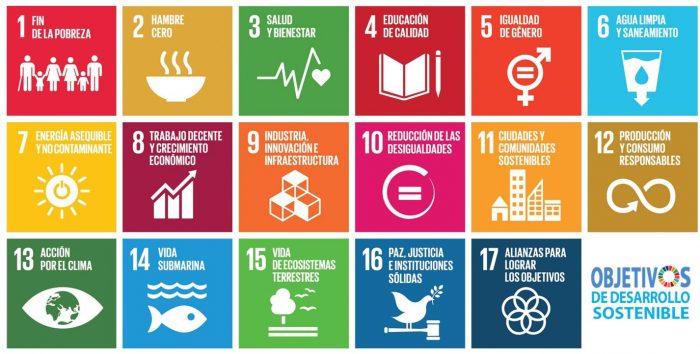The commitments assumed by Mexico when signing the Paris Agreement imply benefits that go beyond mitigation and adaptation to climate change. The objectives of the sustainable development and climate agenda can only be achieved through implementation at the national level.
In 2015, Mexico committed to meeting the goals of the 2030 Agenda for Sustainable Development and aligned its climate objectives with the Nationally Determined Contribution (NDC).

Although these are separate agendas, the goals of each complement each other. Established by Mexico in 2015, the NDC includes measures to mitigate greenhouse gases and black carbon, and to adapt to the effects of climate change. These actions also generate social, economic and environmental benefits that have positive impacts on other areas of the Sustainable Development Goals (SDGs). That is, the actions established in the NDC are sufficiently broad to generate positive changes in other areas of economic, social and/or environmental development.
To identify the co-benefits of pursuing the goals of the NDC and the 2030 Agenda, the projects Initiative Agenda 2030 (BMZ) and the Mexican-German Climate Change Alliance developed a study highlighting the opportunities offered by integrating the implementation of both agendas. In this framework, and in collaboration with the Vertically Integrated Climate Policies (VICLIM) project, the following video was published about the benefits of pursuing both agendas together and the role of subnational governments.
